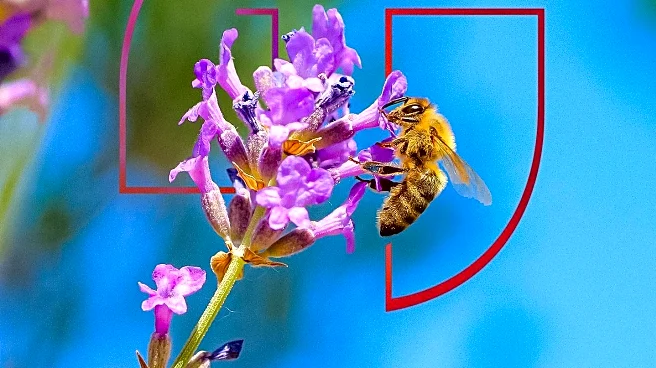What's Happening?
Chronic spontaneous urticaria (CSU) is a condition characterized by persistent hives with no identifiable cause, affecting approximately 0.12 to 0.30 percent of the U.S. population. Women are twice as likely to be affected as men, and cases are reportedly on the rise. The condition is challenging to diagnose due to its unpredictable nature, often leading patients to consult multiple specialists. Diagnosis typically involves ruling out other conditions through blood tests and pattern recognition of symptoms. Treatment usually starts with high-dose antihistamines, and in more severe cases, biologics like omalizumab are used.
Why It's Important?
CSU can significantly impact the quality of life, causing discomfort and emotional distress. Understanding the condition and its management is crucial for patients and healthcare providers. The rise in cases highlights the need for increased awareness and research into effective treatments. The availability of biologics represents a significant advancement in managing CSU, offering hope for those who have struggled with traditional treatments. This development underscores the importance of continued research and innovation in the field of immunology and dermatology.
What's Next?
As research into CSU continues, new therapies are being developed, offering potential relief for patients. Healthcare providers are encouraged to stay informed about the latest treatment options and to consider a multidisciplinary approach to managing the condition. Patients are advised to keep detailed records of their symptoms and work closely with their healthcare providers to find the most effective treatment plan.









